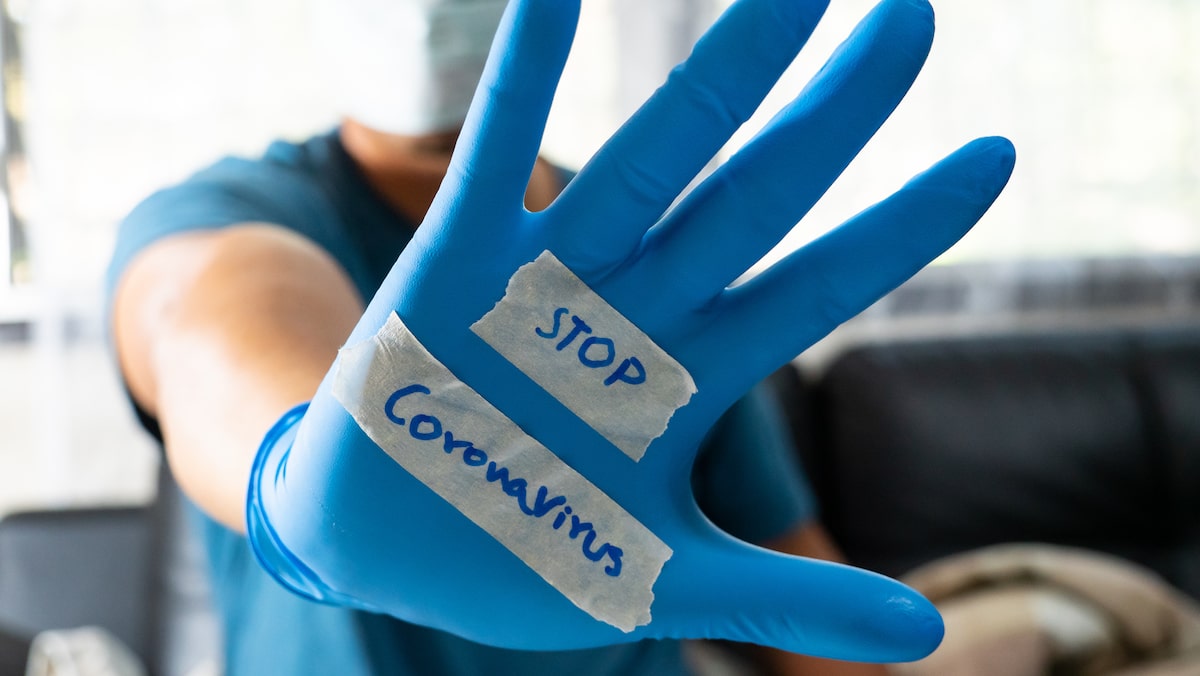The COVID-19 coronavirus, the respiratory illness first detected in Wuhan, the capital city of Hubei Province in central China, has been identified as “coronavirus disease 2019” (COVID-19). Scientists are still trying to determine its origins. Early reports pointed to a possible animal-to-person transmission, perhaps from a market that sold seafood and live animals. The Chinese government closed the market Jan. 1.
Coronavirus a large collection of viruses that can cause something as mild as the common cold but is better known in recent years for outbreaks of two far more serious diseases, Middle East Respiratory Syndrome (MERS) and Severe Acute Respiratory Syndrome (SARS). Under an electron microscope, the virus looks like the sun’s corona — the outer part of the sun’s atmosphere — that’s where coronavirus gets its name.
The 2003 SARS epidemic in China, believed to have started with small mammals, infected more than 8,000 people and resulted in 774 deaths. SARS symptoms resemble the flu, with fever, sore throat, breathing difficulties, body aches and diarrhea. No SARS cases have been reported since 2004.
But MERS, a new coronavirus, emerged in Saudi Arabia in 2012 with symptoms similar to SARS. It has since spread to other countries, including the United States. This disease is characterized by fever, cough and shortness of breath.
Common symptoms of COVID-19, according to the CDC, include fever, cough and shortness of breath. Some people have shown no symptoms. But the virus can cause serious illness and even death. People with weaker immune systems, such as older adults and young children, are at greater risk. No vaccines are currently available, but officials with the National Institute of Allergy and Infectious disease hope for a quick turnaround by drugmakers even though it would still likely take more than a year.
Not feeling well? Call your healthcare provider for guidance and try to avoid going directly to an emergency department or urgent care center, as this could increase the chances of the disease spreading.
Click here to schedule a virtual visit with a Hartford HealthCare-GoHealth Urgent care doctor.
Stay with Hartford HealthCare for everything you need to know about the coronavirus threat. Click here for information updated daily.
Questions? Call our 24-hour hotline (860.972.8100 or, toll-free, 833.621.0600).
Get text alerts by texting 31996 with COVID19 in the message field.

